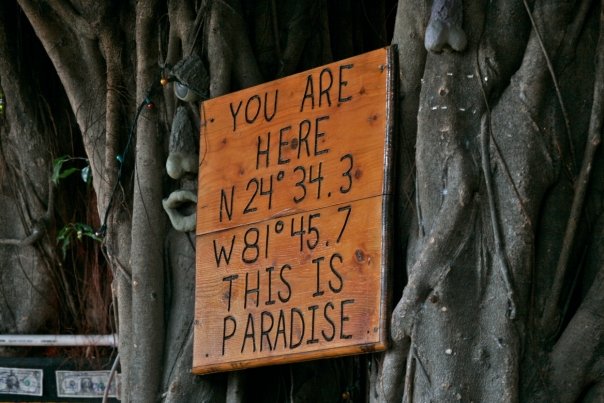In 2018, Rachel Cargle celebrated her birthday by collecting funds to help Black women and girls receive therapy. There was such an enthusiastic response that Cargle created the Loveland Foundation with the purpose of bringing healing resources to women of color.
Why healing resources? Why therapy? This is a great question.
Black women and girls experience cycles of trauma and grief at a much higher rate than white women and girls. The contributing factors to these cycles take place on systemic and personal levels.
According to the Institute for Women’s Policy Research, Black women experience a disproportionate amount of violence at home, at school, and at work. Four in ten Black women experience physical violence and higher rates of psychological abuse than white women. More than 20 percent of Black women are raped during their lifetimes and are two and a half times more likely to be killed by men. Black women also deal with higher rates of rape, homicide, and domestic violence.
In schools, Black girls are more likely to be labeled as disruptive and defiant compared to white students, and punished with suspension or expulsion. Over 40 percent of Black girls are arrested in connection with a school incident, and young Black women are four times more likely to go to prison than their white counterparts. The fastest growing prison population are girls and women of color.
That’s not all. The Office of Minority Health reports that a person’s poverty level affects mental health status, and African Americans living below the poverty level are twice as likely to report psychological distress. According to the National Alliance on Mental Illness, approximately 1 in 5 adults in the United States experience mental illness in a given year regardless of race; according to the U.S. Department of Health and Human Services Office of Minority Health, adult Black people are 20 percent more likely to report serious psychological distress than white people.
Like many families and communities, mental health is an uncomfortable or even taboo subject in the Black community. Adding insult to injury, Black women and children do not have the same access to therapy as their white counterparts. Should they have access to therapists, it is extremely difficult to find therapists of color.
The Loveland Foundation is helping to normalize mental health discussions and treatment and providing valuable resources to Black women and girls. Individuals in need can apply for financial assistance to receive therapy sessions and other services.
There are many ways to give to the Loveland Foundation. Individuals can donate to the 2020 campaign that is committed to provide 1000 women with four to eight therapy sessions. To give more, individuals can partner with up to six friends to pool resources in a Loveland Foundation Giving Circle. Those who want to get involved on a deeper level can become advocates and help fundraise for the Loveland Foundation Therapy Fund. Small businesses and corporations can also give, working with a team member to figure out the best strategies.
Everyone deserves to live a healthy life, emotionally, mentally, physically, and spiritually. Giving to the Loveland Foundation provides resources and healing to positively impact generations to come for Black women and girls.





AB
This is a wonderful idea in theory. 4 sessions is great in theory. However, a practicing therapist, I would say that it gives limited access to the therapy process at best. The first session is an intake and then essentially 3 sessions to help a person heal?! Clinically speaking, this is a tough spot to have a client in if you have just started deeper work and they can’t afford to continue. 10 sessions would give individuals more of a jump start.
carol whitby
i think that the opportunity to receive funding for counseling is so awesome;
I was fortunate to receive help and will be forever grateful but I can agree with this comment.
i received the allotted amount of vouchers only to realize that when the vouchers was over i had really just started making progress and and had to end my therapy sessions because i could not afford to pay out of pocket..
i was very disappointed not at loveland but because I opened up somethings that i could not deal with on my own and it was very hard for me to share my story.
it would be great if more vouchers were available so that women can stay connected a little longer.
thank you loveland I really love this organization